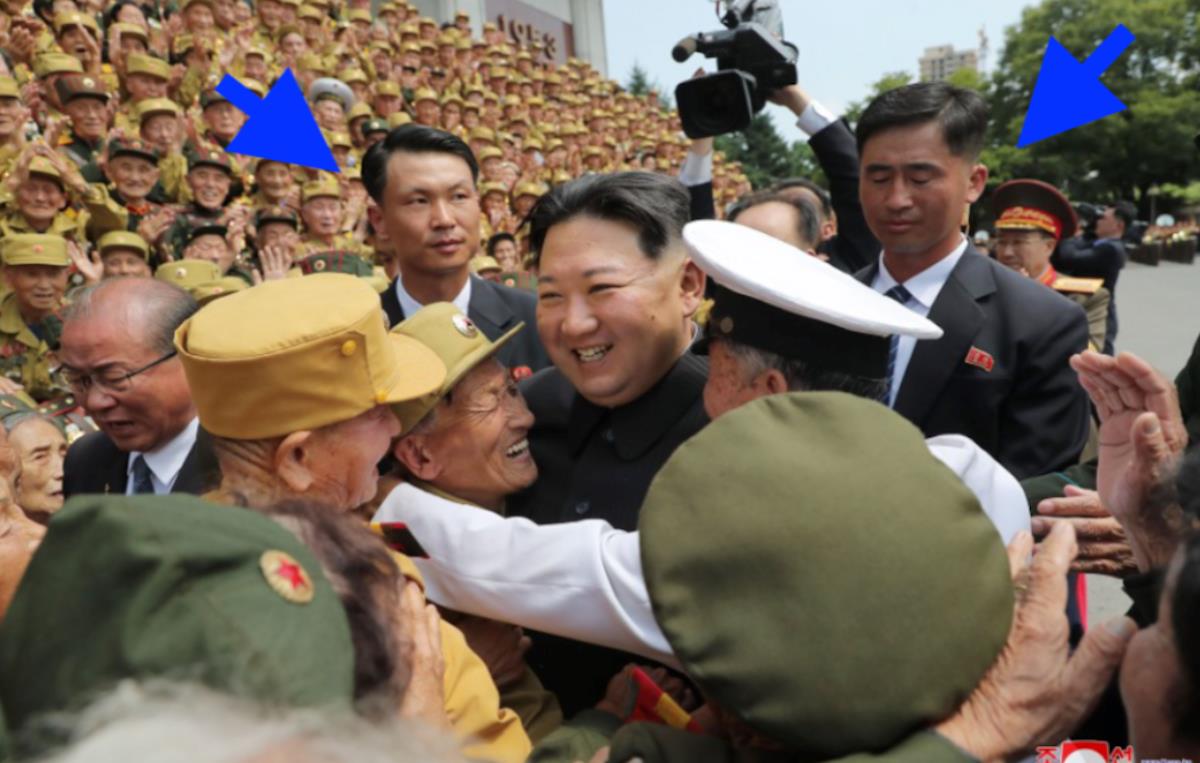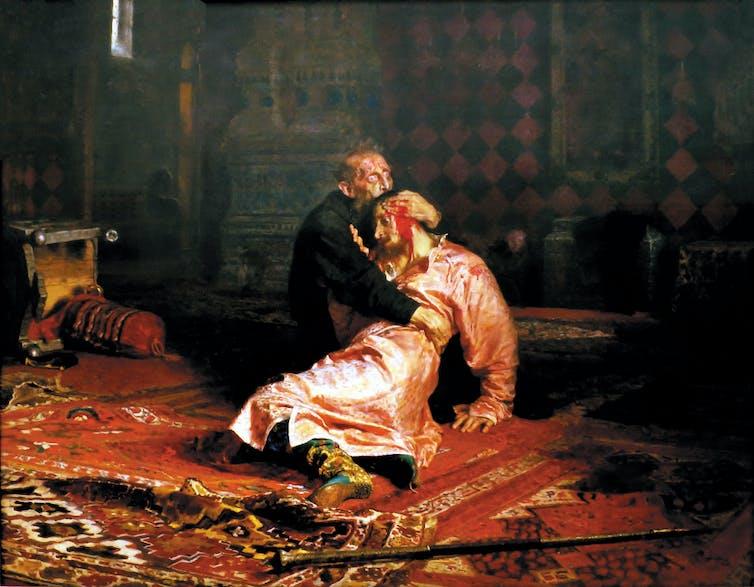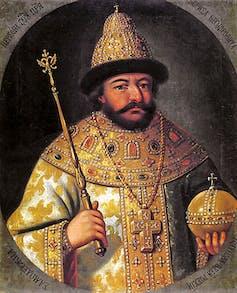
The Russian Concept Of 'Smuta' And Dangers Of Dissent
Russians have a word for the periods of turmoil: smuta.
Wagner leader Yevgeny Prigozhin has come to symbolize a new cycle of this history taking place in Russia today. While the fallout from his aborted mutiny in June and recent death remains uncertain, it is possible to see these events as the reverberations of a centuries-old power system grinding forward into new terrain.
Prigozhin's mutiny had similarities with other failed uprisings in Russian history, from the Decembrist revolt in 1825 , to Lavr Kornilov's march on St Petersburg in 1917 , to the attempted coup against Mikhail Gorbachev by Communist Party hardliners in 1991.
These comparisons led some to warn of growing political instability in Russia, on the grounds that Prigozhin was less a threat to President Vladimir Putin's rule than a manifestation of its essential fragility .
Others have argued, in the aftermath of Prigozhin's death, that the rebellion has provided Putin with an opportunity to consolidate his authority .
Whether or not Prigozhin may have exposed Putin's vulnerabilities, history suggests that what is to come could well be worse.“As Russians know only too well,” Russian author Mikhail Shishkin warns ,“one should not wish death on a bad czar. For who knows what the next one will be like?”

Legal Disclaimer:
MENAFN provides the
information “as is” without warranty of any kind. We do not accept
any responsibility or liability for the accuracy, content, images,
videos, licenses, completeness, legality, or reliability of the information
contained in this article. If you have any complaints or copyright
issues related to this article, kindly contact the provider above.































Comments
No comment